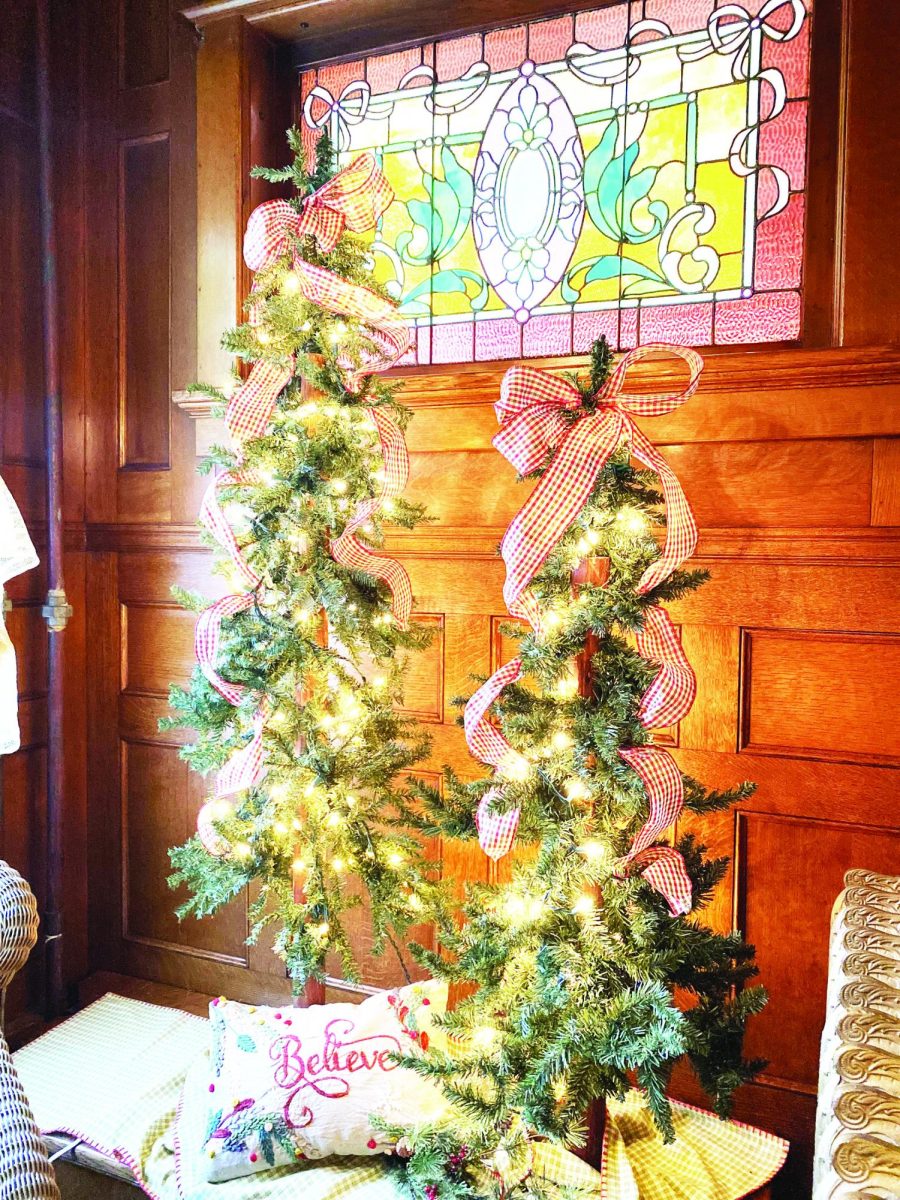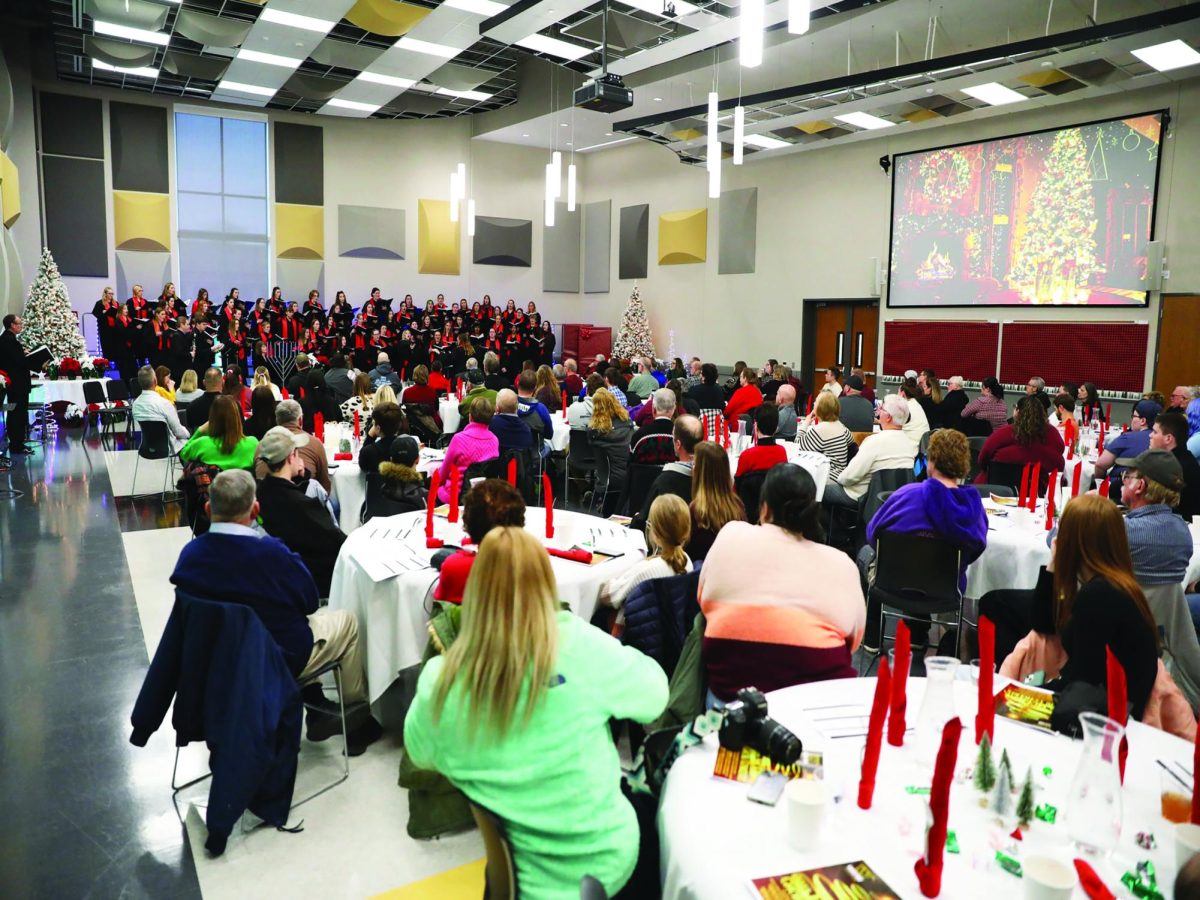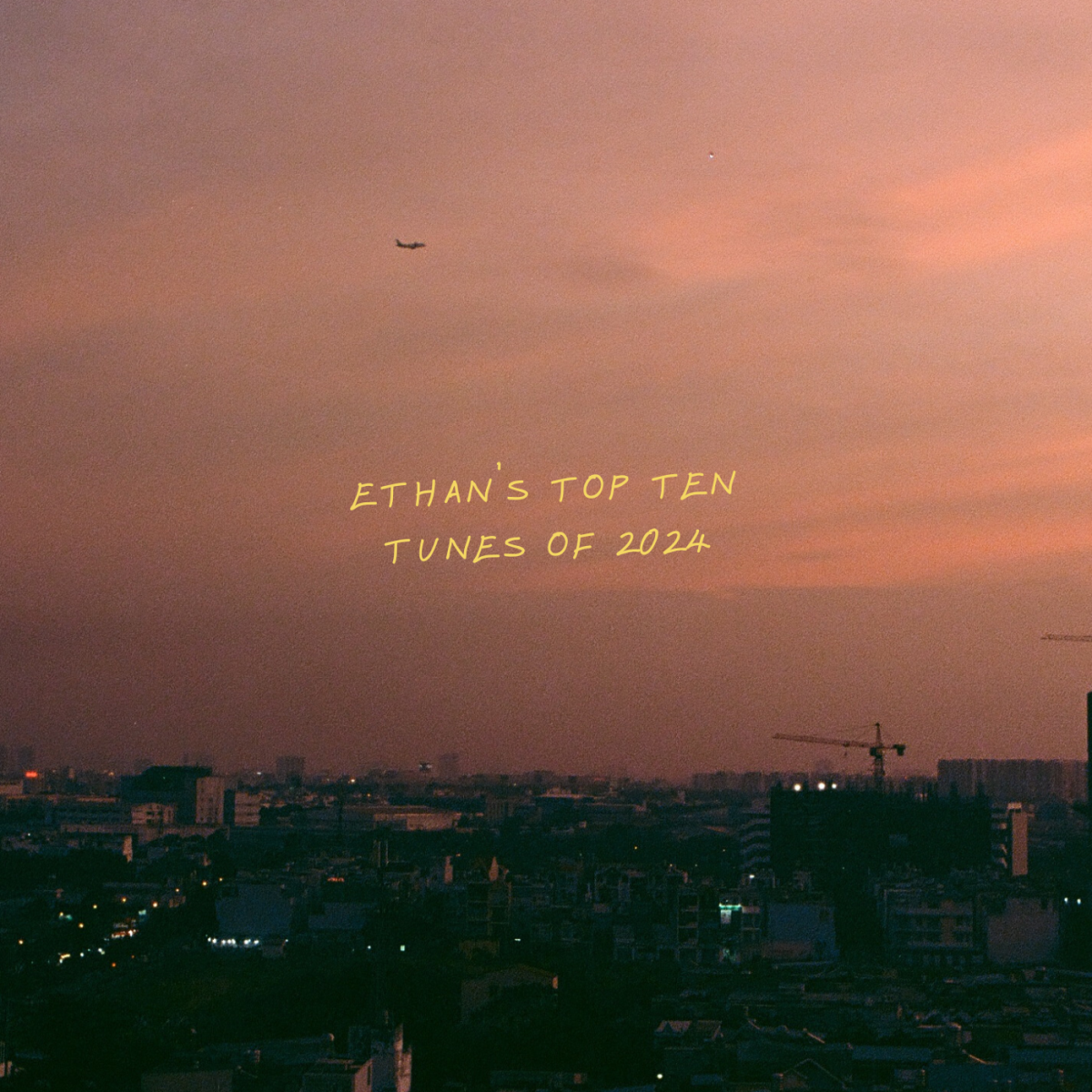Faculty Lecture Recital
November 2, 2022
The Faculty Lecture Recital was in tune on Oct. 24.
The recital took students back to hearing historic Italian songs. Performed by Sarah Farr as the mezzo-soprano and Shelly Armstrong on the piano.
The event was a performance accompanied by the history of the music. The program included “Nina” by Anonymous, Sebben, crudele (extract) – Antonio Caldara (1610-1736), “Se tu m’ami” by Alessandro Parisotti (1853-1913), “Spesso per entro al petto” by Barbara Strozzi (1619-1677) and “Tu ch’hai le penne, Amore” by Giulio Caccini (1550-1618).
With how old these pieces are, it is a wonder how they have become staples in our world today.
“How do they become those staples, how do they become the set of music everyone seems to know, what young singers always seem to experience,” Farr said. “To start with that we have to go back to the Italian editor Alessandro Parisotti.”
In 1888, Parisotti published three volumes that promoted his ideas of rediscovering works from previous eras.
Teachers would teach their students these works as well as how they are sung. The songs published in these volumes became the norm for what was taught during the early 20th century. With only 24 songs in the original publication, it was time for a new publication in which editor John Glenn Paton published a new volume with two new songs making it 26. This eventually was made into 28.
In singing these pieces, it is not just a song being blankly sung. It is a performance.
“In the 90s they started to edge out the international publishing, and started doing something that the artist liked,” Farr said. “They never included singing translations, instead they included a lot of white space which allowed the singer to make markups for translation.”
There was a huge push for opera singers to perform like actors and be more dramatic while on stage during this time. This brings more meaning and understanding to these pieces when performed to an audience that doesn’t know the language.
The continuation of adding to the pedagogical canon is a great way to expand the teachings from the pieces. Giving students more to learn from these pieces and keeping the experience interesting.
With music and the Pedagogical History of the 24/26/28 Italian Songs and Arias. The Faculty Lecture Recital was able to come alive. Hearing century-old songs accompanied by the history of how we are able to experience these pieces today. A great show of performance as well as gaining knowledge.






